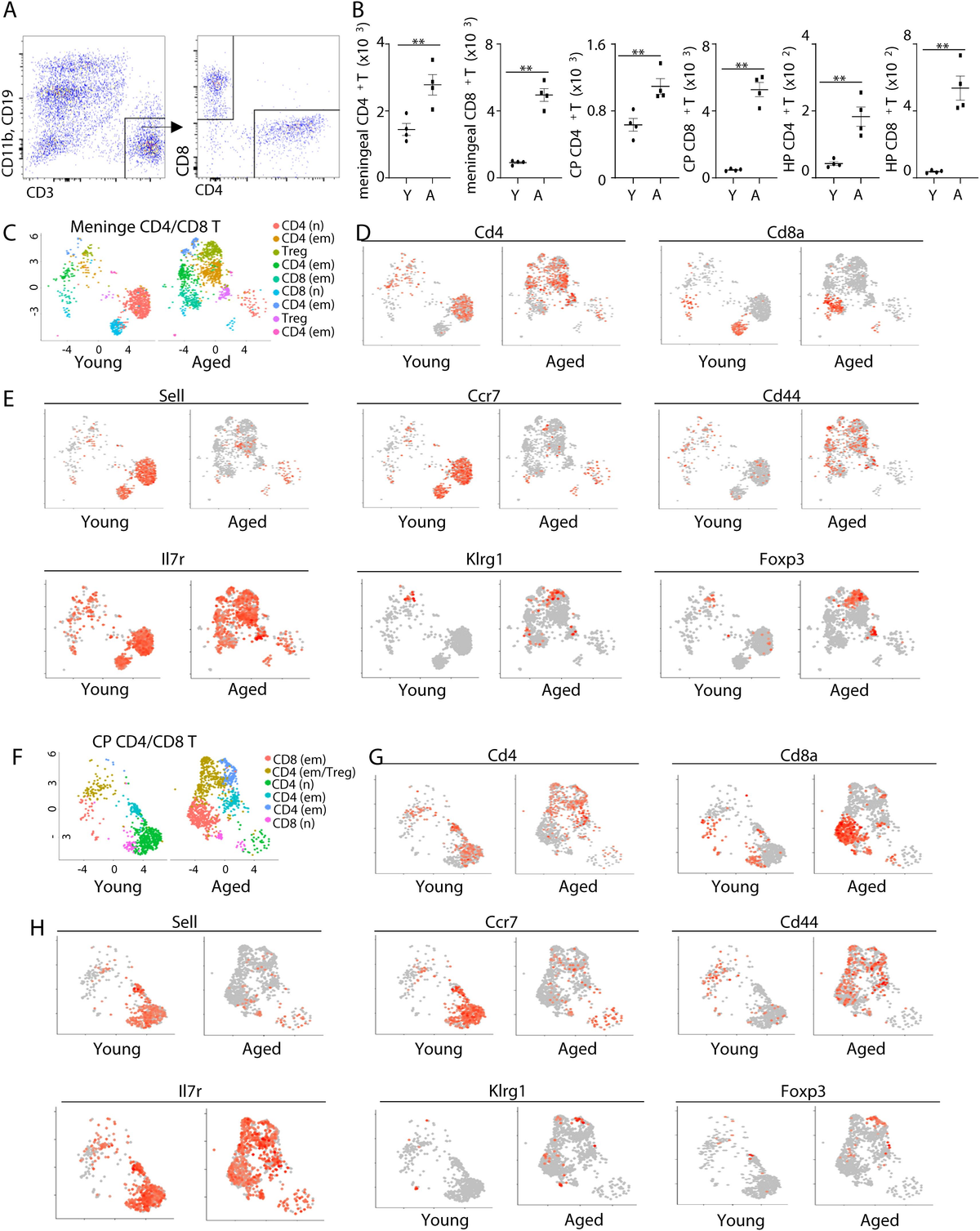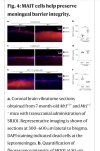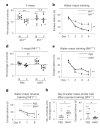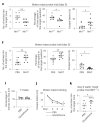hotblack
Senior Member (Voting Rights)
Mucosal associated invariant T cells restrict reactive oxidative damage and preserve meningeal barrier integrity and cognitive function
Zhang Y, Bailey JT, Xu E, Singh K, Lavaert M, Link VM, D'Souza S, Hafiz A, Cao J, Cao G, Sant'Angelo DB, Sun W, Belkaid Y, Bhandoola A, McGavern DB, Yang Q.
Abstract
Increasing evidence indicates close interaction between immune cells and the brain, revising the traditional view of the immune privilege of the brain. However, the specific mechanisms by which immune cells promote normal neural function are not entirely understood.
Mucosal associated invariant T cells (MAIT) are a unique type of innate-like T cells whose molecular and functional properties remain to be better characterized. Here we report that MAIT cells are present in the meninges and express high levels of antioxidant molecules. MAIT cell deficiency in mice results in the accumulation of reactive oxidative species (ROS) in the meninges, leading to reduced expression of junctional protein and meningeal barrier leakage.
The presence of MAIT cells restricts neuroinflammation in the brain and preserves learning and memory. Together, our work reveals a new functional role for MAIT cells in the meninges and suggests that meningeal immune cells can help maintain normal neural function by preserving meningeal barrier homeostasis and integrity.
Link (Nat Immunol. 2022 Dec)
https://doi.org/10.1038/s41590-022-01349-1
Zhang Y, Bailey JT, Xu E, Singh K, Lavaert M, Link VM, D'Souza S, Hafiz A, Cao J, Cao G, Sant'Angelo DB, Sun W, Belkaid Y, Bhandoola A, McGavern DB, Yang Q.
Abstract
Increasing evidence indicates close interaction between immune cells and the brain, revising the traditional view of the immune privilege of the brain. However, the specific mechanisms by which immune cells promote normal neural function are not entirely understood.
Mucosal associated invariant T cells (MAIT) are a unique type of innate-like T cells whose molecular and functional properties remain to be better characterized. Here we report that MAIT cells are present in the meninges and express high levels of antioxidant molecules. MAIT cell deficiency in mice results in the accumulation of reactive oxidative species (ROS) in the meninges, leading to reduced expression of junctional protein and meningeal barrier leakage.
The presence of MAIT cells restricts neuroinflammation in the brain and preserves learning and memory. Together, our work reveals a new functional role for MAIT cells in the meninges and suggests that meningeal immune cells can help maintain normal neural function by preserving meningeal barrier homeostasis and integrity.
Link (Nat Immunol. 2022 Dec)
https://doi.org/10.1038/s41590-022-01349-1





